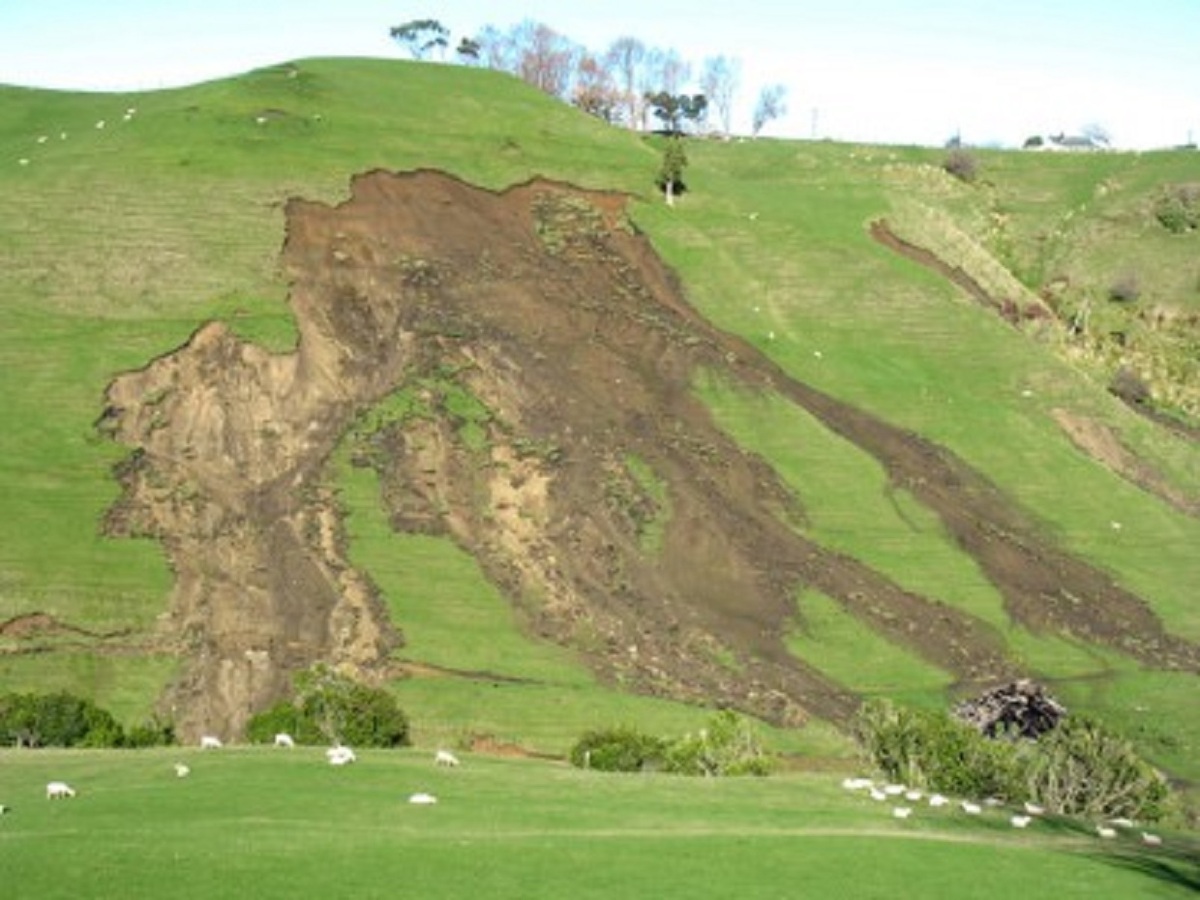Funding boost for ORC high country erosion control plans
Staff Reporter
02 August 2023, 9:57 PM
 PHOTO: Manaaki Whenua Landcare Research
PHOTO: Manaaki Whenua Landcare Research A funding boost from the Government will assist the Otago Regional Council’s work on high country erosion control.
In mid-May Forestry minister Peeni Henare announced funding for slash and debris clean-ups, and also $25.2 million over the next four years for a Hill Country Erosion Fund (HCEF) for territorial authorities, with ORC granted $429,537 for capacity building, prioritisation and rehabilitation - the overall focus being improving water quality and enhancing long-term sustainable land use.
ORC Environmental Implementation manager Libby Caldwell said controlling soil erosion is a key part of the integrated catchment management approach being proposed by the council.
“The objective of the HCEF programme is to support landowners to plan for and treat erosion-prone land and to put in place good sustainable management practices to help protect vulnerable hill country,” she said.
The funding is from the Hill Country Erosion Programme (HCE Programme), which is managed by the Ministry for Primary Industries (MPI), in a partnership with Te Uru Rākau – New Zealand Forest Service, regional councils including unitary authorities, and landowners.
Libby said the programme will help increase ORC’s knowledge of hill slope erosion, both areas of risk and actual erosion, which will include the collation and analysis of existing data to prioritise intervention efforts.
“We’ll be looking to improve ORC’s engagement with landowners, through group workshops, one-on-one landholder meetings, information exchanges and mentoring from other regional councils,” she said.
The $429,537 is part of the project’s overall $1.07 million budget, spread over four years.
The programme will identify and mitigate hill slope erosion in priority areas and have some funding and assistance available for landholders to plan and undertake erosion control, she said.
It will deliver catchment or on-farm outcomes such as mapping erosion priorities at sub-catchment scale, supporting a council staff member to focus on erosion control and land management, plus assessment, planning and advice for ORC staff and landholders.
Aside from workshops, hui and landowner meetings, there will be inter-regional information exchanges and also in this funding round, planting for five hectares of erosion control.
The programme will increase capacity for involvement, through employing a land management advisor or contractor, to advise, engage and plan erosion control in priority areas with farmers.
The mapping of priority and active erosion and the collation of existing mapping and data for Otago will assist with the delivery of ORC’s Integrated Catchment Management Programme, she said.
Actions to support enhancing water quality and productive land use through better managing erosion risk will be important to include through the development of catchment action plans.
Increase in frequency and severity of flood events Minister Henare says there is increasing frequency and severity of flooding events across the country due to a changing climate, with the effects of erosion estimated to cost the economy more than $250 million a year.
“Not only does it damage productive farmland but as we have seen from the devastation of Cyclones Hale and Gabrielle it can also have a significant impact on infrastructure and communities further downstream,” Mr Henare says.
The funding will help 14 councils protect some of the country’s most erosion-prone land and keep productive soils on farms and out of waterways by reducing run-off.
“We need more of the right trees in the right places to mitigate against the effects of climate change,” Mr Henare says.
Background to Hill Country Erosion Fund
Nationally the government has allocated $25.2 million to 14 regional erosion control programmes for the four years from July, to help reduce the severe weather impacts and protect around 21,000 hectares of hill country farmland across the country.
The Hill Country Erosion Fund (HCEF) operates four-yearly contestable funding rounds and is open to proposals from regional councils and unitary authorities.
The HCEP’s 2023 funding round was held last year when a panel of representatives from several Government agencies, Manaaki Whenua Landcare Research, and Beef + Lamb NZ assessed applications.
Support offered to farmers through council programmes include on-farm planning, retirement of land, native revegetation, exotic forestry (where appropriate), and widely spaced or gully plantings of poplar and willow trees within paddocks.
For more information on the Hill Country Erosion Fund, contact [email protected]


